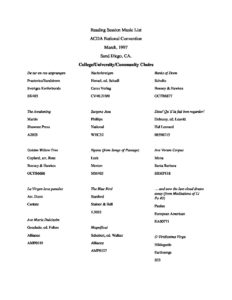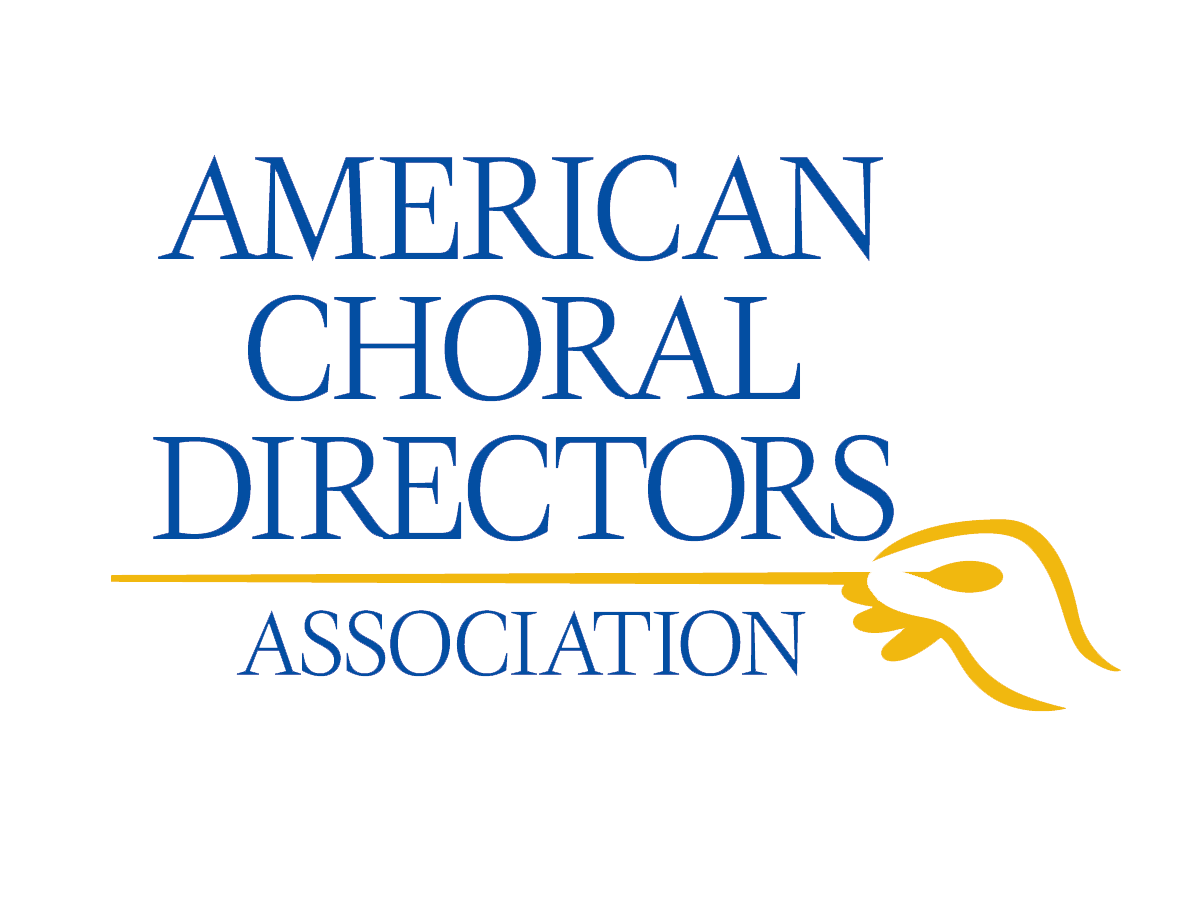The number of college students and conductors with less than five years of experience is on the rise. It is essential for young conductors to establish a relationship with a seasoned conductor who acts as their mentor. Mentors wear many hats—motivator, resource, support, and coach. In order for mentoring to be successful, there must be […]
Sample Page
Leonard Bernstein at 100: Choral Insights from the Podium
Joseph Flummerfelt, founder and conductor of the New York Choral Artists and conductor of the Westminster Choir for thirty-three years, shares his insights on collaborating with Leonard Bernstein and preparing choirs and conducting works such as Chichester Psalms, Candide, and more. Music samples will be provided.
Jazz Choral Music for Kids!
Looking for great repertoire to acquaint your younger singers with jazz but struggling to find exactly what you need? While the body of jazz choral repertoire for mixed voices is growing, appropriate, quality repertoire for younger voices may be a challenge to find. Additionally, young singers often do not have experience or background with jazz, […]
I Want to Sing Pentatonix Songs! How to Authentically Arrange Pop Music for Your Choirs
My middle and high school singers constantly told me, “I want to sing Pentatonix songs!” We are fortunate to live in an era where group singing is actually cool again, and it is our job to capitalize on this trend. This session will provide information on how to select and arrange pop music for your […]
Interfaith/Multicultural Programming: Jewish Choral Music from the Sephardic and Ashkenazic Traditions
Sephardic Jews are descendants of Spain where Ladino was the spoken language. Ashkenazi Jews come from the “Pale of Settlement” in Eastern Europe where Yiddish was the vernacular. This session will introduce and explore a sampling of the choral repertoire available in these two languages, each a hybrid language of its own. Ladino is similar […]
How a Conductor Thinks: Real-Time Decision Making in the Rehearsal
Do I stop for that? What are the most effective techniques to “fix”things? Are first rehearsals different from second rehearsals? What are the roles of the conductor’s energy, high expectations, humor, and improvisation in creating efficient and productive rehearsals? Using an ensemble composed of volunteer singers from the audience, the clinician will demonstrate and reflect […]



